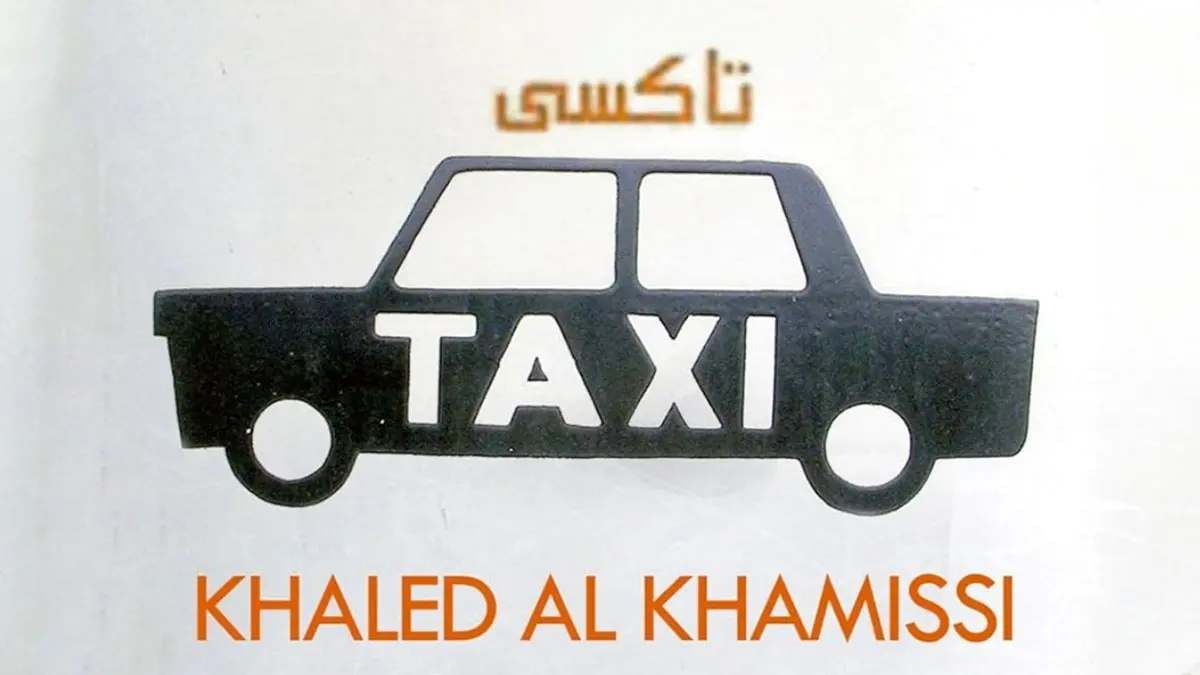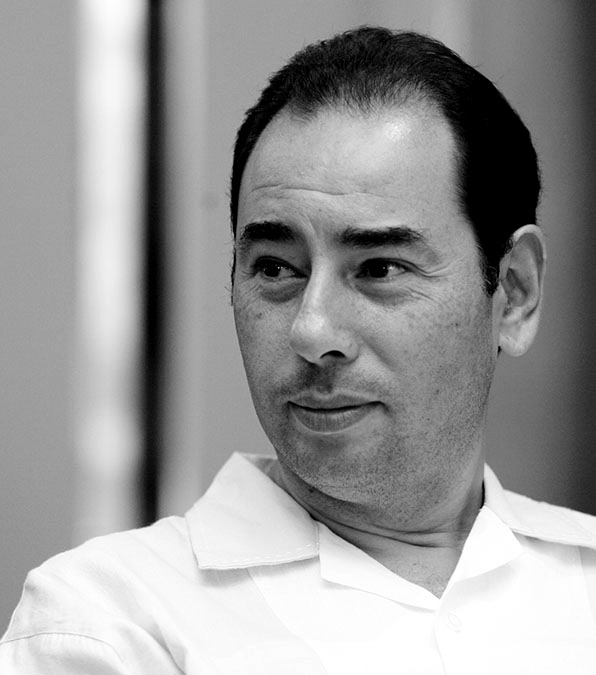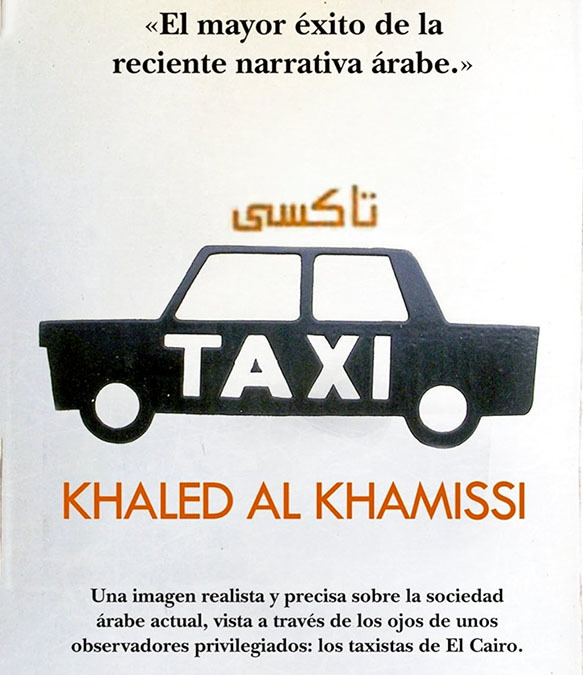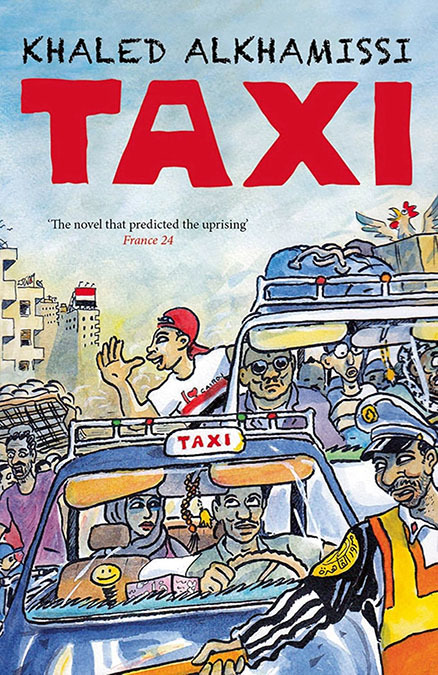"Taxi"

‘Taxi’ is the book by Egyptian Khaled Al Khamissi, published in 2007 and translated from Arabic into English in 2010.
I read this book entitled ‘Taxi’ in Arabic in 2007. Some large bookstores and institutes make books available to the public free of charge. As I am a great lover of books, I took a look at these copies in July 2024. I was surprised to find ‘Taxi’ in French, which I had already read in 2009 after its translation. Taxi’ is also available in Spanish and English.

I found it and read it again more than 15 years later. It was one of the books of my summer, and the pleasure was immense. I am going to tell you about it, for those who might be interested.
‘Taxi" is a compilation of “fifty-eight conversations with Cairo taxi drivers” between 2005 and 2006. I myself take taxis in Rabat, as well as the tram since I sold my car in 2022. It is often said that taxi drivers are ‘snitches’. But my favourite conversations with them mainly revolve around COVID-19 and autonomous cars.
On the latter topic, young people in particular tell me that this technology is not for tomorrow. I reply that the mobile phone appeared overnight and that today there are more phones than Moroccans.

I am not going to discuss the 58 texts of the book, but only some passages, sometimes drawing a comparison between Morocco and Egypt, and underlining some of the author's premonitory ideas.
The experience of reading the book in Arabic or French, or especially in Spanish, is desirable for several reasons. Everyone will be able to form his or her own ideas and opinions on the subject. Of course, it should be borne in mind that the book was written before the 2011 revolution and the military coup d'état (everyone is free to give their own interpretation of these events).
The first text that struck me is about ‘the age of the driver and the state of the vehicle’, where he quotes the Belgian singer Jacques Brel:
‘Dying is nothing, Dying, the big thing, But to grow old... oh, to grow old!’
This reminded me of my youth as a student in the late 1970s; at the time, I considered myself a Marxist and a Brelian (my group of friends adored Brel). Don't go away, what follows is pure politics....
In text number 3, there is talk of ‘street demonstrations’, with more police than demonstrators. The number of participants, previously numerous, decreased in 2005-2006, before exploding in 2011. In Morocco today, demonstrations are sparsely attended, but in 2011, and perhaps tomorrow, that could change. Those in power do not care much about numbers. They are always able to find a pretext for numbers, whether big or small.

The conversations in the book focus on inflation: cigarettes, cinema tickets.... For the former, we recall the prices of ‘Favorite’, ‘Marquise’ and ‘Marlboro’ in the 1970s, compared with today's prices in 2024. As for cinema, the paths have been different; an increase in prices and a flagrant decrease on black screens; just like football, which has become pay-per-view on television with exorbitant stadium tickets. Except for a few public channels such as Germany's ZDF and Spain's RTVE.
These talks took place in Cairo in 2005-2006. Inflation was evident then, as it is today. In fact, it is clear that this is directly related to the capitalist system. In this sense, there is talk of inflation of taximeters and taxis themselves. Those who know their city well will remember how many taxis there were in the past and how many there are today. In Morocco, the licensing system prevails. Whether in Rabat, Casablanca or elsewhere. Who remembers the number 01 and the last number; I am talking about taxis, of course.
It's time to reflect (I'm talking about the readers). In the next article (very soon), we will address, among other issues, questions related to Iraq, Palestine, Islamists, terrorist actions at the time, the ‘hand’ of the intelligence services, according to the street, education and overtime, the stock market (in crisis today, but which has allowed some to get rich, even in Morocco), electoral ‘traffic’... and many other topics. But it would be useful to read the book in Arabic, or another language...
So choose to read this book, even if it is ancient (we still read the Greeks and other ancient books). As Leon Blum said so well in other circumstances: ‘Morality consists essentially in the courage to make a decision’.
So read, dear readers....

